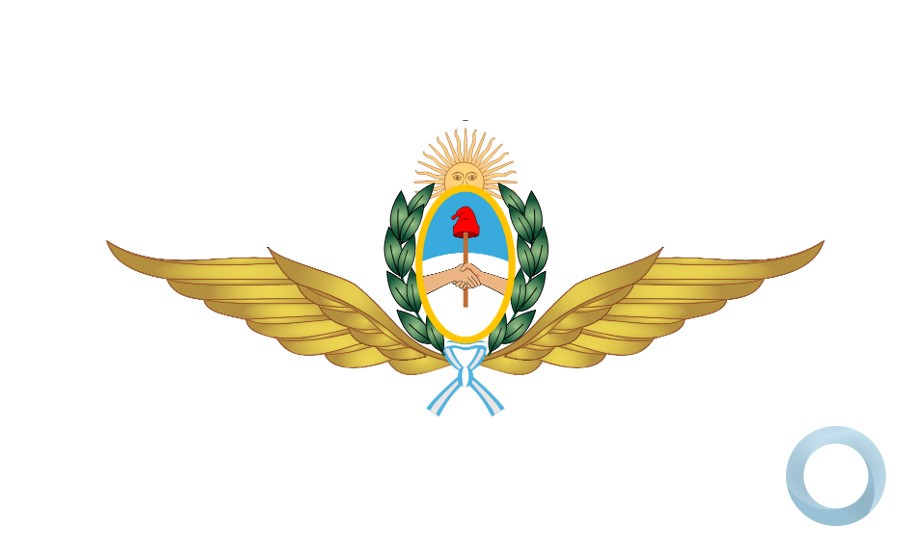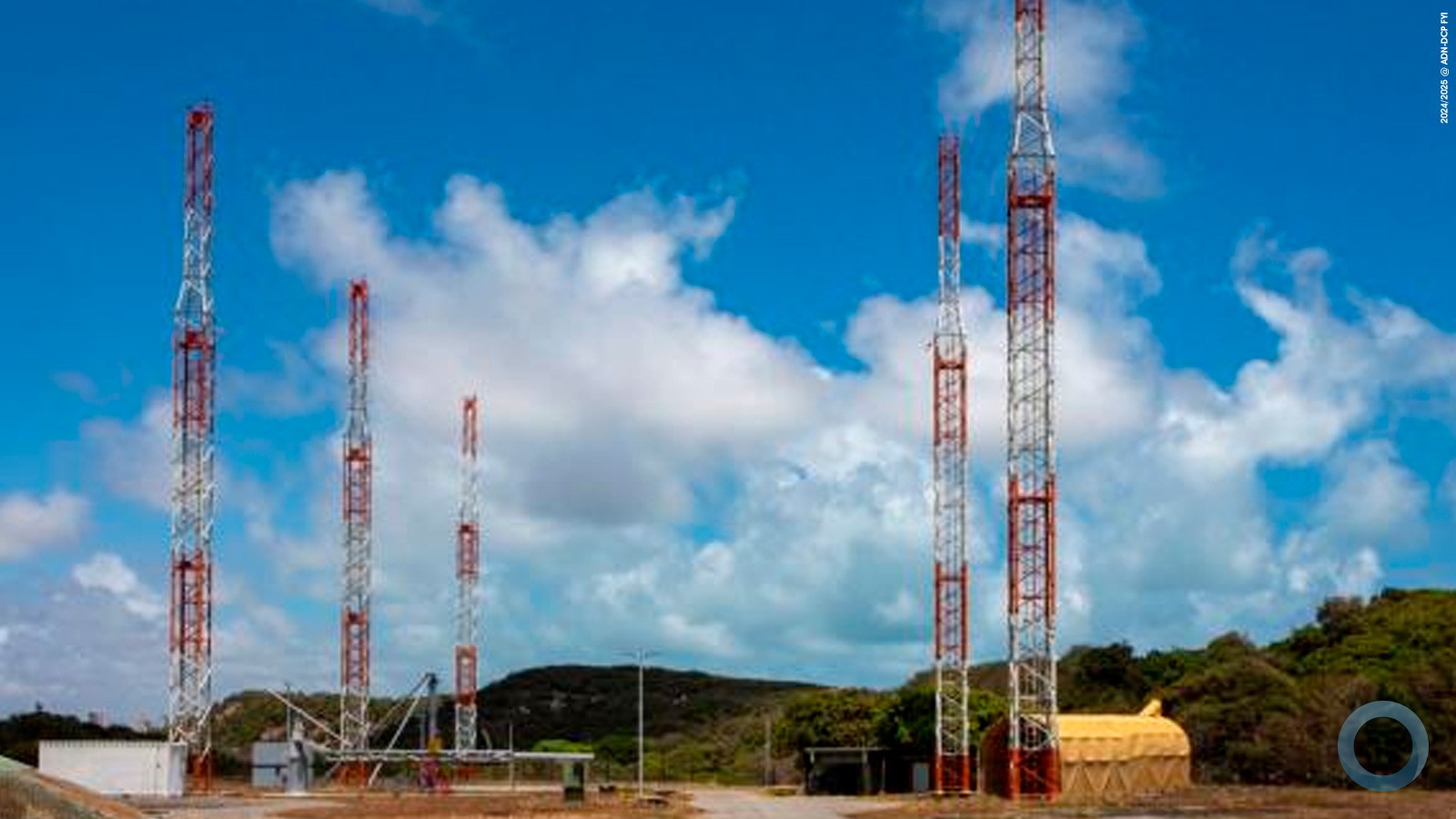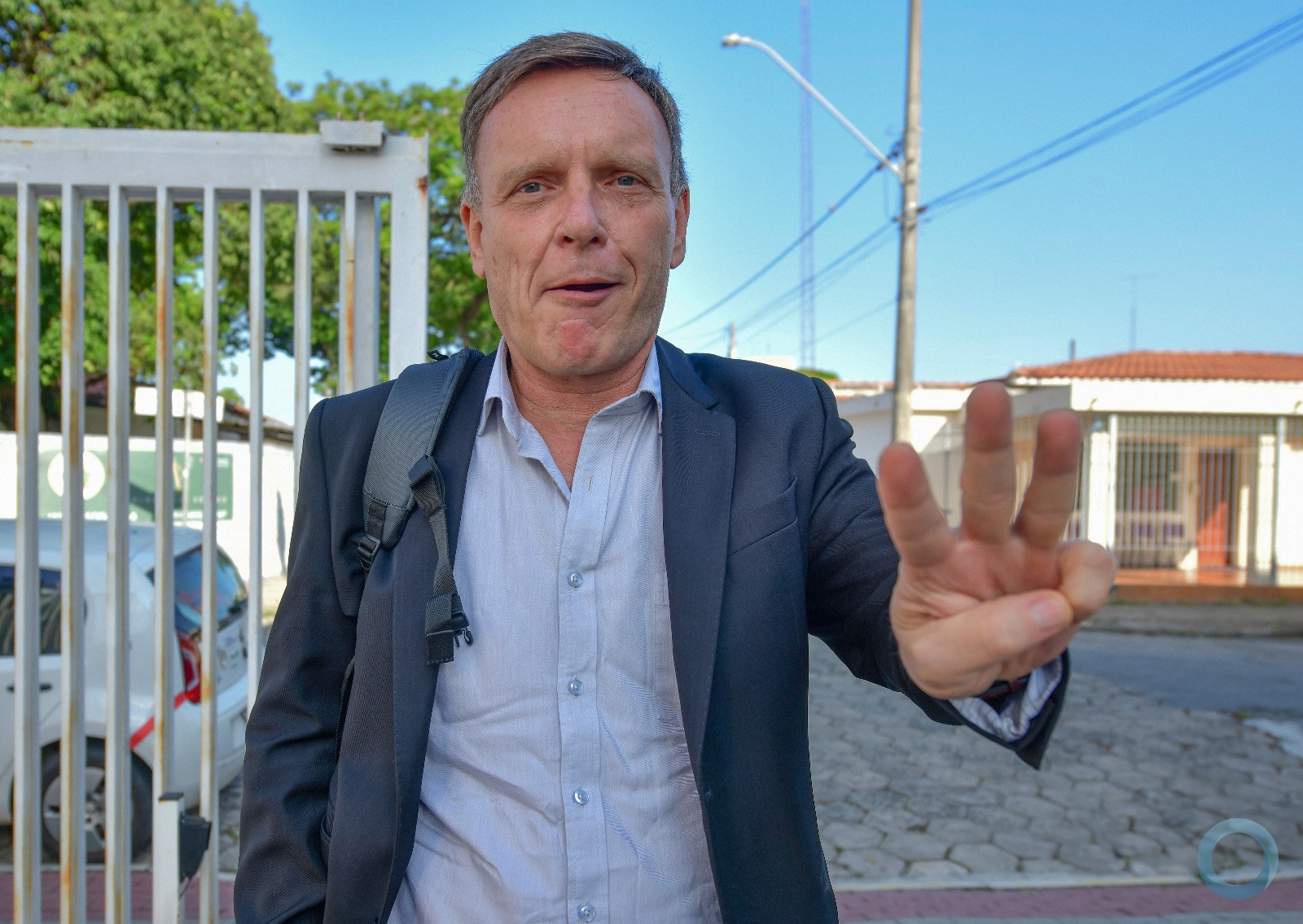Ana Cristina Campos
The government of Espírito Santo state has handed over operational control of the public security to Brigadier General Adilson Carlos Katibe, commander of the joint task force and the authority in charge of the Armed Forces operations in the state.
In a statement on Wednesday (Feb. 8), Defense Minister Raul Jungmann announced that 550 men from the Armed Forces will be deployed to boost security reinforcements in the state, and an additional 100 members of the National Public Security Force will arrive in Vitória, the state capital, and will patrol other municipalities in the state. They will come as a reinforcement to the 1,000 men from the Army and 200 from the National Force who are already patrolling the streets of Vitória metropolitan area.
Espírito Santo has been going through a severe public security crisis since military police stopped patrolling the streets, in a protest that began Friday (Feb. 3), when relatives of police officers, mainly wives, gathered in front of a military unit in Serra, greater Vitória area, and blocked police vehicles from leaving. According to one of the fire fighter and police associations, similar protests are taking place in barracks throughout the state.
The lack of security and a surge in criminal violence in the state has led the local government of Vitória to call off the beginning of the school year in locally-run schools and shut down health services. The Espírito Santo Road Transport Workers' Union issued a statement announcing their decision to cancel passenger transport services until security is fully restored.
Proposal
At a meeting between state government secretaries and representatives of the wives and military police unions, the leaders of the protest presented two main demands—the state's pardon for all law enforcement officers (the are banned from going on strikes) and a 100% pay rise for the entire class.
The police association reported that the state police officers' wage at entry-level is R$2,600 ($831.87), compared to a national average of R$4,000 ($1,280).
State Human Rights Secretary Júlio Pompeu said the state government was going to examine the proposal to see what they could offer to advance negotiations.




























